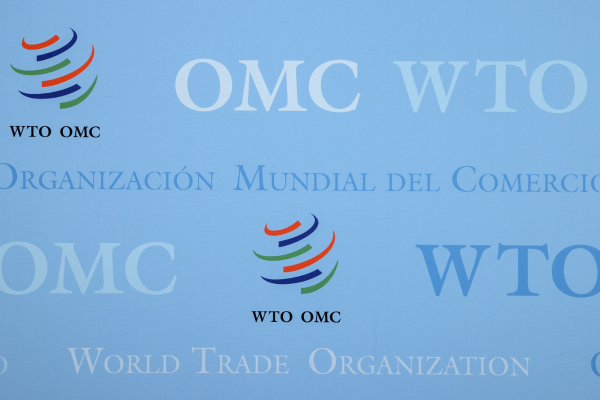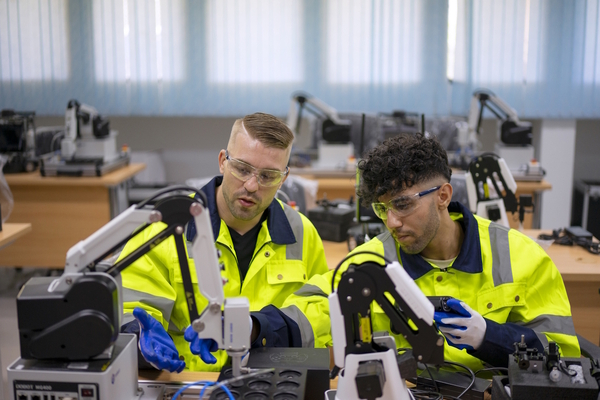When is coaching right for your team?

Author and business coach Clare Norman suggests five questions to consider before offering coaching to your team members
There are many tools available to help you help your team but availability isn’t the same as suitability. Just because you experienced coaching and it was beneficial to you, doesn’t mean coaching is a good fit for everyone. Not everyone is coaching ready, and coaching is not right for every situation.
When is coaching the right answer?
To tell if coaching is the appropriate tool for members of your team, consider these five questions:
1. Should there be training before coaching?
Coaching does not teach or tell. If the individual has just taken on a new role (perhaps as a first-time team leader), you need to have provided relevant training (to give the individual an understanding of models and methods for communication skills, delegation, giving feedback, prioritisation, etc.) before coaching commences. With the foundation of appropriate training, coaching can help an individual work out how they will deliver in their new role in their own unique way.
2. Have you fulfilled your own people development responsibilities?
You need to ensure that you have communicated responsibly, have delegated well, and have given feedback to the individual. This safeguards against potential falling standards.
You also need to be honest about why you are offering coaching. It is not fair to attempt to outsource “fixing” someone to a coach – rescuing an individual from your lack of people skills, after damage has been done. You should not be abdicating difficult feedback to a coach.
3. Is coaching appropriate?
You need to consider if the subject matter lend itself to coaching or does it require more of a therapeutic intervention or a physical health perspective. Other professionals are more suitably qualified to work with the individual in these arenas.
4. Is this the right time for coaching?
Assessing this can be tricky. Coaching can be invaluable in times of significant change, helping people come to grips with a huge transition. However, sometimes change can be a large enough distraction that it fragments an individual’s focus, impairing their ability to engage in coaching. A frank conversation about this is necessary.
5. Do you want the same things?
You may think you know what someone wants for their career, but you can only really know what you would want in their position, based on your experiences. But do they want the same as you want for them? Do they want something different?
It is a mistake to assume that the same progression or opportunities you have had are everyone else’s goals or ambitions. For example, the opportunity to work abroad will thrill some and fill others with dread, and some people need to take into account the careers of their partners, or the stability of their children’s schooling.
Coaching is a big investment your organisation is making, but this is also a big investment for individual – it will be their time and their energy. Do they want to make that investment?
Understanding coaching
If you still think that coaching could be right for this individual, and you have investigated their perspective before taking it any further, you should ensure that they know what is involved in the coaching process.
Coaching is a joint endeavour to create new thinking. The coach will treat the individual undergoing coaching as a thinker and will invite them to see themselves as a creative and resourceful.
Coaching is a partnership, and it requires intentional practice from both parties. The coach’s responsibility is to encourage and enhance the thinker’s thinking and learning for themselves. The thinker’s responsibility is to wring the most value out of the coaching.
Coaching is not the same as mentoring or consultancy; the aim is to build the thinker’s own agency and self-efficacy through the process of exploration. Coaching is not just another meeting; it is self-development. It is not a cosy chat. It is a place for challenge and stepping up. It is not to be taken lightly.
If all parties agree that this is a good fit for the desired outcomes, a good fit for the person, and the right timing, only then is it time to meet with a coach to assess whether your team member and the coach, can work together. Once that matching process has happened and coach and individual have decided to proceed, the coach will continue to work with the individual to enhance their coachability.
But your role does not stop there.
Because the line manager is a pivotal support in between coaching sessions, tripartite meetings are useful to set up the coaching for success, addressing all stakeholder needs. The tripartite brings the voice of the paying client into the room and lays out all stakeholders’ expectations of this process.
And, as a line manager, you still play a part once the coaching has started. You are with the individual more often than the coach, and you are responsible for day-to-day feedback, support and challenge.
Clare Norman is author of ‘Cultivating Coachability’ (October 2024) and founder of Clare Norman Coaching Associates. She is a Master Certified Coach (MCC) with the International Coaching Federation (ICF), a Master Mentor Coach and a Certified Coach Supervisor
Main image courtesy of iStockPhoto.com and monkeybusinessimages

Business Reporter Team
Most Viewed
Winston House, 3rd Floor, Units 306-309, 2-4 Dollis Park, London, N3 1HF
23-29 Hendon Lane, London, N3 1RT
020 8349 4363
© 2025, Lyonsdown Limited. Business Reporter® is a registered trademark of Lyonsdown Ltd. VAT registration number: 830519543





